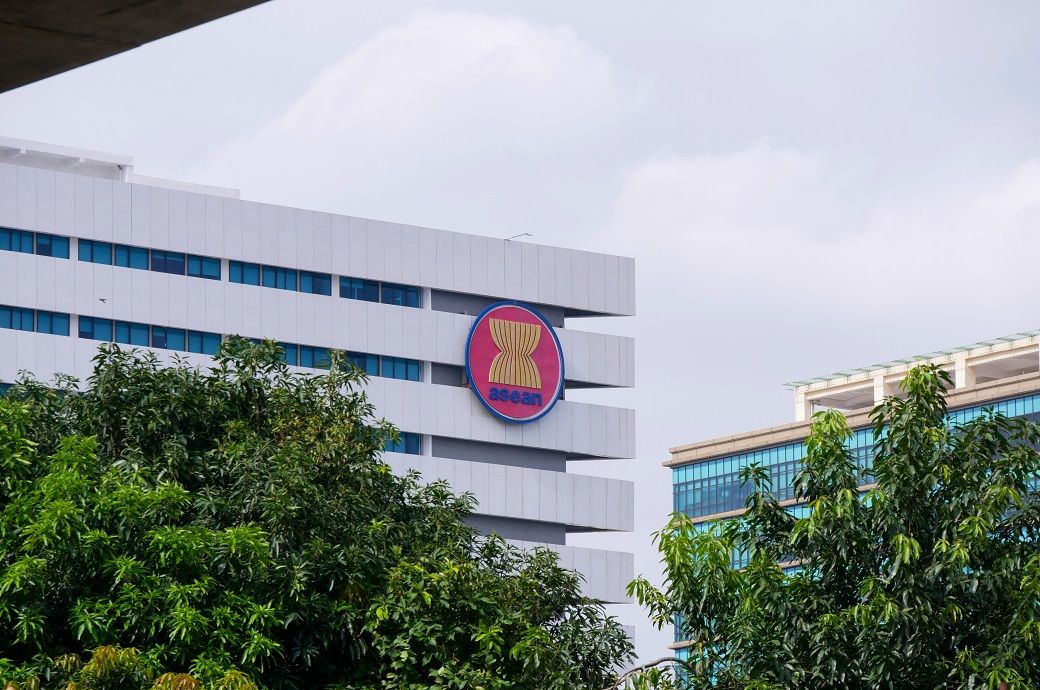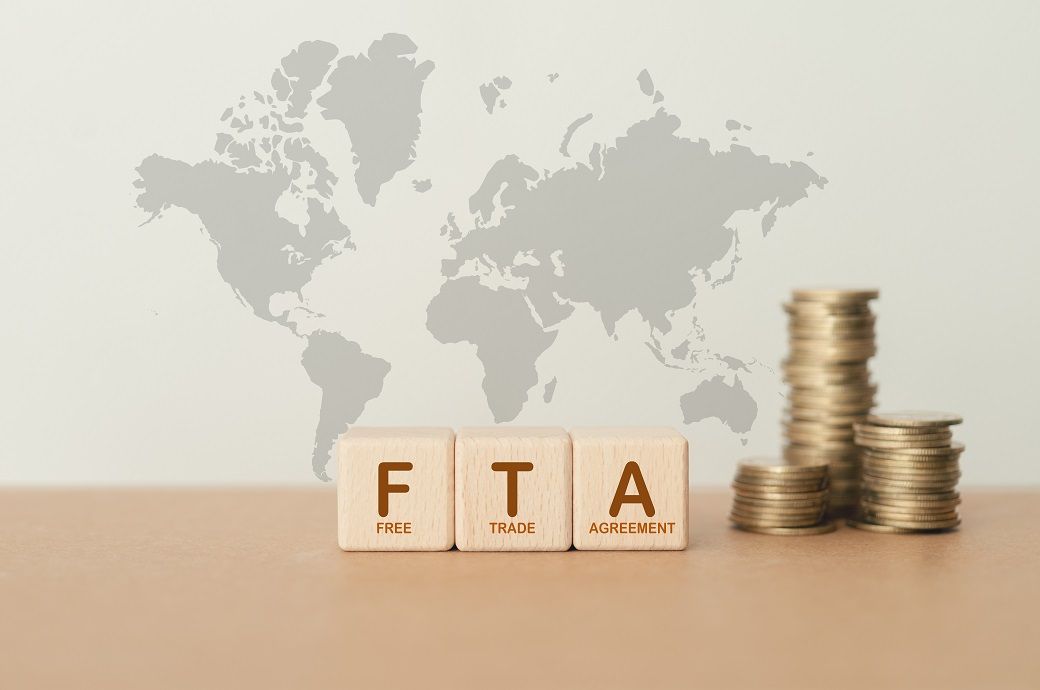
The fiscal landscape across ASEAN+3 economies remained fragile in FY2024, with most countries still trailing their pre-pandemic fiscal strength due to a decelerated pace of consolidation. Nine economies recorded fiscal improvements, while five witnessed deteriorations. Rising revenue—fuelled by income and consumption tax growth—was offset in many cases by surging expenditures, especially current spending, outpacing capital investments, the report said.
Looking ahead to FY2025, economic resilience and recovering domestic demand are expected to bolster tax revenues. However, expenditure will remain elevated, with many governments focusing on growth and social support. While economies with strong growth trajectories may adopt neutral or contractionary stances, others will maintain expansionary fiscal strategies to aid ongoing recoveries.
ASEAN+3 region’s fiscal positions remained fragile in FY2024, with revenue gains offset by rising expenditures.
While resilient growth in FY2025 is expected to boost tax revenues, high debt and spending pressures persist.
Medium-term consolidation, structural reforms, and enhanced debt management are critical for sustainable and inclusive growth, the AFPR 2025 report concludes.
Despite signs of debt stabilisation, public debt and financing needs remain high. The report noted that inflation and growth supported debt ratio stabilisation in some economies, but elevated interest rates and currency depreciation continue to pose risks—especially for those with significant foreign-denominated debt. FY2025 may see debt ratios rise in nearly half of ASEAN+3 members due to insufficient primary balances.
AMRO has urged governments to maintain fiscal agility in the face of global uncertainties—including protectionism and geopolitical tensions—while committing to medium-term consolidation. This involves preparing contingency measures, engaging stakeholders, and ensuring policy flexibility through tools like supplementary budgets and fiscal reserves.
Longer-term fiscal health, the report suggested, must be underpinned by revenue-enhancing policies, rationalised spending, and strengthened fiscal frameworks. Governments are also encouraged to expand public debt management scopes and adopt well-designed fiscal rules to boost credibility.
To achieve inclusive and sustainable growth, the report called for integrated structural reforms—including labour market enhancements, education reform, and climate-focused fiscal strategies. Addressing ageing populations and income inequality, through coordinated welfare and employment initiatives, will also be critical to maintaining fiscal sustainability in the face of emerging challenges.
“Considering the importance of rebuilding fiscal buffers to mitigate future economic shocks and ensuring long-term fiscal sustainability, continued fiscal consolidation efforts over the medium term are warranted,” said Seung Hyun (Luke) Hong, AMRO Group Head for fiscal surveillance and lead author of the AFPR report.
Fibre2Fashion News Desk (KD)




